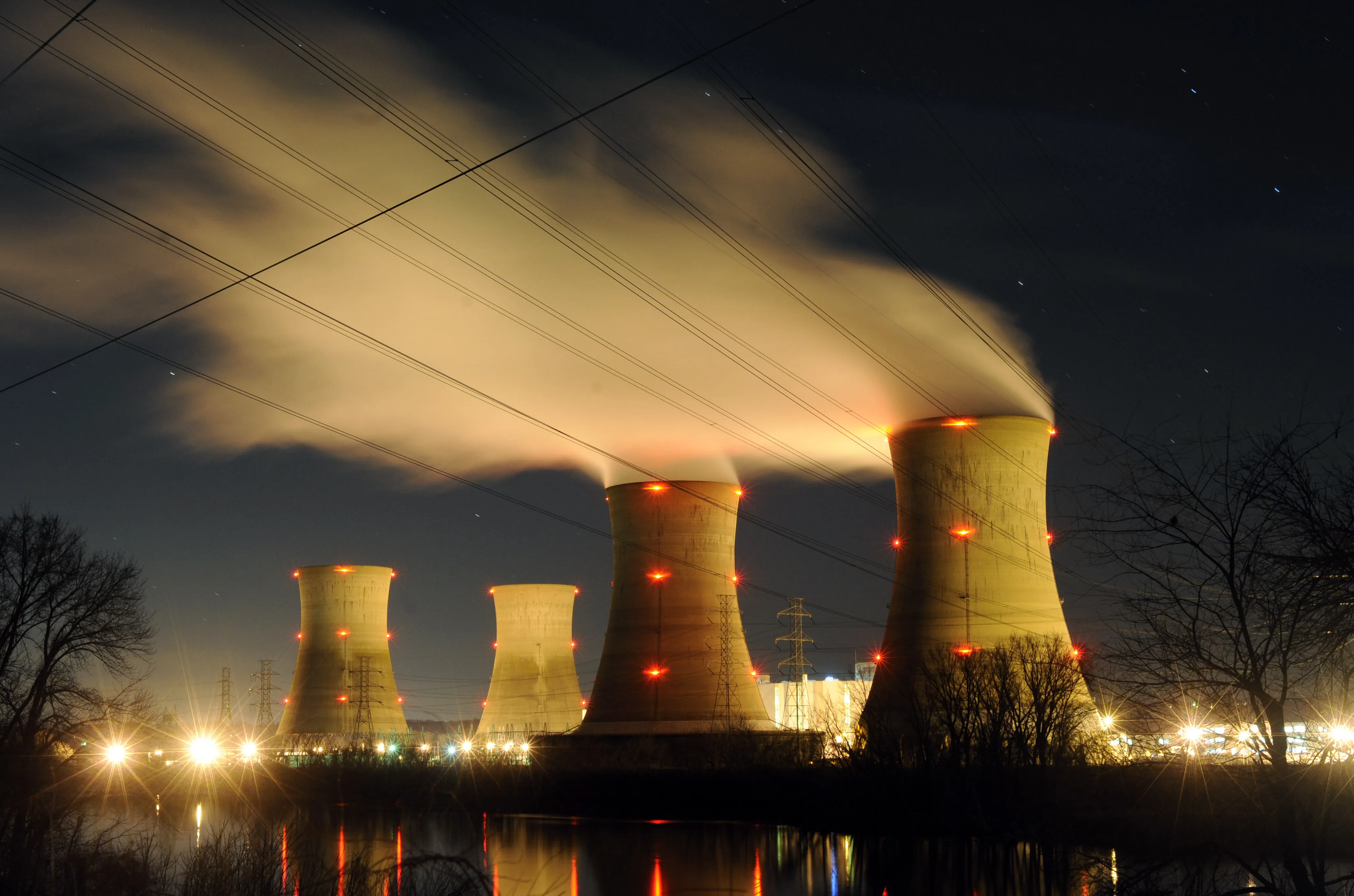Big Tech’s Energy Needs Mean Renewed Focus on Nuclear Power

Big Tech's Surge in Energy Demand
As Big Tech companies expand their operations, the need for reliable and sustainable energy sources has risen dramatically. With the rapid growth of data centers and advancements in artificial intelligence, the push for cleaner energy becomes increasingly critical.
The Nuclear Renaissance
Nuclear power is experiencing a resurgence as the world seeks to reduce emissions and combat climate change. In the U.S., nuclear energy currently accounts for about 20% of electricity generation. Experts predict that this figure could nearly triple by 2050, as companies like Microsoft and Amazon explore nuclear options to power their data centers.
Market Dynamics and Future Outlook
- The U.S. market for data centers is projected to grow significantly, with demand expected to exceed 80 gigawatts by 2030.
- Constellation Energy plans to reopen the Three Mile Island reactor, previously offline since 2019, under a partnership with Microsoft.
- Small modular reactors are emerging as a viable solution, with companies like Oracle and Google investing in this technology.
As the energy sector responds to technological advancements and environmental goals, nuclear power is set to play a vital role in the pursuit of net-zero carbon emissions.
This article was prepared using information from open sources in accordance with the principles of Ethical Policy. The editorial team is not responsible for absolute accuracy, as it relies on data from the sources referenced.